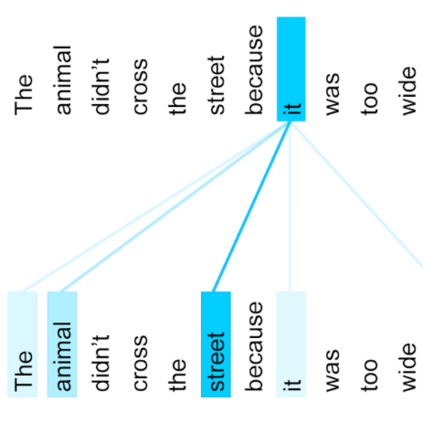Segmentation algorithms of medical image volumes are widely studied for many clinical and research purposes. We propose a novel and efficient framework for medical image segmentation. The framework functions under a deep learning paradigm, incorporating four novel contributions. Firstly, a residual interconnection is explored in different scale encoders. Secondly, four copy and crop connections are replaced to residual-block-based concatenation to alleviate the disparity between encoders and decoders, respectively. Thirdly, convolutional attention modules for feature refinement are studied on all scale decoders. Finally, an adaptive denoising learning strategy(ADL) based on the training process from underfitting to overfitting is studied. Experimental results are illustrated on a publicly available benchmark database of spine CTs. Our segmentation framework achieves competitive performance with other state-of-the-art methods over a variety of different evaluation measures.
翻译:为许多临床和研究目的,广泛研究了医学图象量的分解算法。我们提出了医学图象分解的新颖而有效的框架。框架在深层次学习范式下功能,包括四种新贡献。首先,在不同规模的编码器中探索残余的互连关系。第二,将4种复本和作物连接分别替换为基于残余的区块组合,以缩小编码器和分解器之间的差距。第三,对所有规模的分解器都研究了精细化特征的分流关注模块。最后,研究了基于培训过程的适应性分解学习战略(ADL ), 其基础是培训过程,从不适应到过度配置。实验结果在可公开使用的脊椎CT基准数据库中展示。我们的分解框架在各种不同的评估措施中与其他最先进的方法取得了竞争性的绩效。


